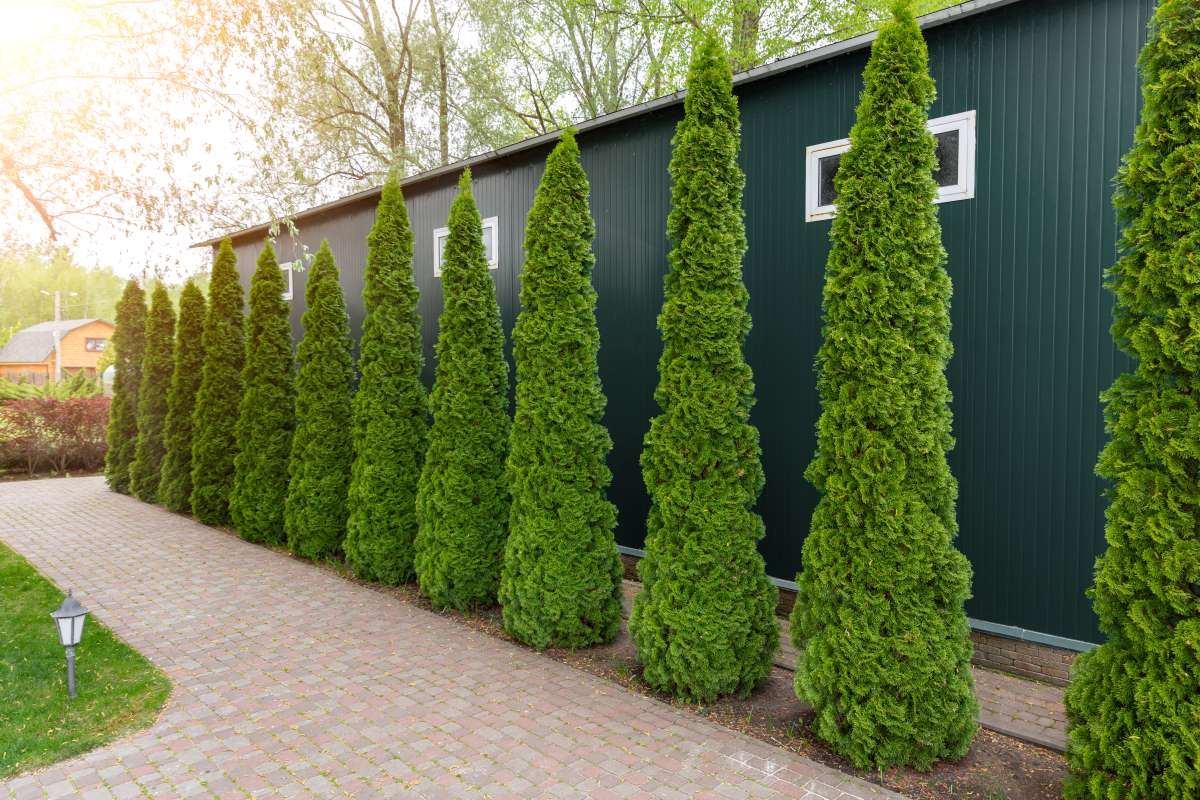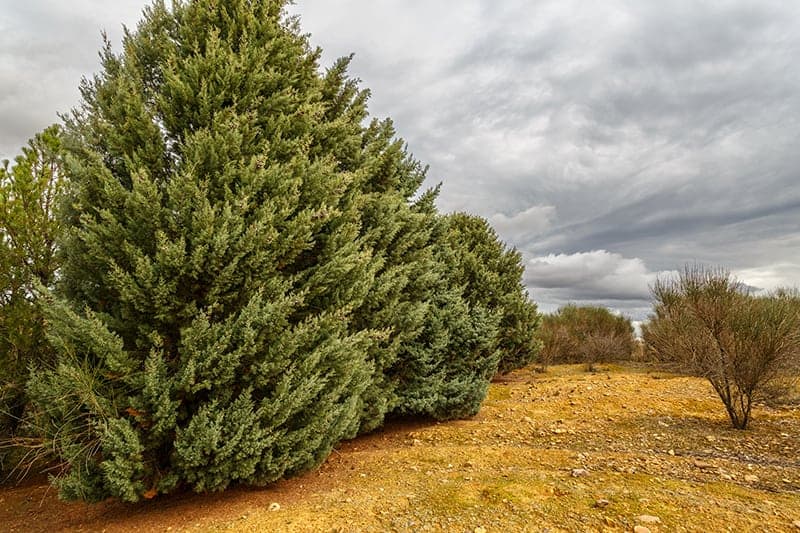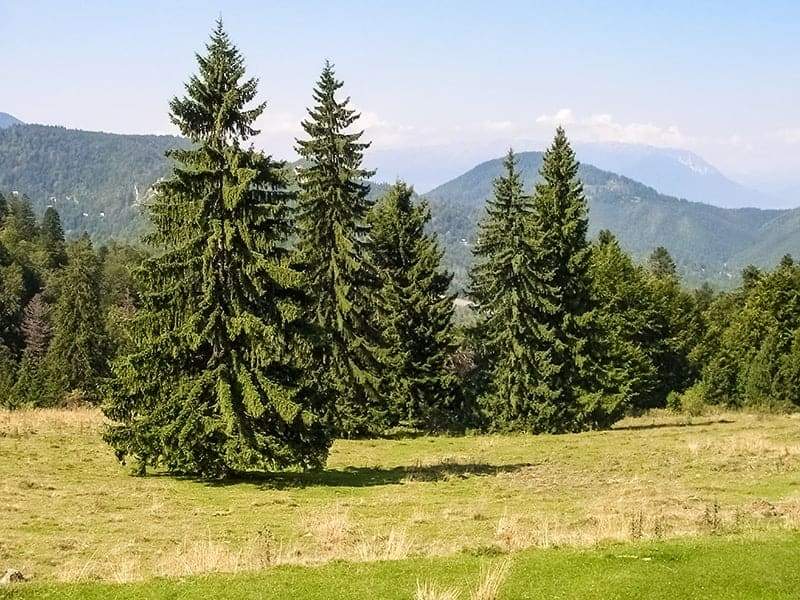- Home >
- Fast Growing Trees
Fast Growing Trees for Sale - Buying & Growing Guide
Do You Know Your Growing Zone? i Growing zones help determine if a particular plant is likely to grow well in a location. It identifies the average annual minimum winter temperatures across the U.S. provided as a map by the USDA.
8 Results
-
Best SellerGrowing Zone(s): 3-8$139.95
$169.95Save up to 17% -
Growing Zone(s): 8-11$124.95
-
Growing Zone(s): 4-8$39.95
-
Best SellerGrowing Zone(s): 6-10$19.95
-
Best SellerGrowing Zone(s): 5-8$19.95
-
Sold OutGrowing Zone(s): 4-11 patio / 9-11 outdoors$109.95
-
Sold OutGrowing Zone(s): 4-8$89.95
-
Sold OutGrowing Zone(s): 2-8$129.95
Fast Growing Trees – Buying & Growing Guide
Mature trees add a noble character to the properties on which they grow. The issue is, it often takes decades for large shade trees to develop. If you want to enjoy tall trees sooner than you thought you could, finding a few fast growing trees is what you should do.
Types of Fast Growing Trees
| Type | Growing Zones | Mature Height | Sun | Features |
| Quaking aspen, Populus tremuloides | 1-6 | 20-50 feet | Full sun: 6-8 hours | Grayish white bark, leaves shimmer in the wind |
| River birch, Betula nigra | 4-9 | 40-70 feet | Full sun to part shade: 4-8 hours | Noteworthy exfoliating bark with pink to tan colors |
| Pin oak, Quercus palustris | 4-8 | 50-70 feet | Full sun: 6-8 hours | Hardy street tree with red fall color |
| Red maple, Acer rubrum | 3-9 | 40-70 feet | Full sun to part shade: 4-8 hours | Exceptional fall color, smooth grey bark in youth |
| Eastern cottonwood, Populus deltoides | 2-9 | 50-80 feet | Full sun: 6-8 hours | Large triangular leaves, growth rate exceeding 3 feet per year |
| Green giant arborvitae, Thuja ‘Green Giant’ | 5-8 | 40-60 feet | Full sun to part shade: 4-8 hours | Narrow pointed shape and dense evergreen foliage |
| Silver maple, Acer saccharinum | 3-9 | 50-80 feet | Full sun to part shade: 4-8 hours | Fantastic leaf shape, good shade tree |
| Eastern white pine, Pinus strobus | 3-8 | 50-80 feet | Full sun to part shade: 4-8 hours | Long needles and noticeable cones |
| Dawn redwood, Metasequoia glyptostroboides | 4-8 | 70-100 feet | Full sun: 6-8 hours | Reddish bark, feathery foliage texture |
| Tulip tree, Liriodendron tulipifera | 4-9 | 60-90 feet | Full sun: 6-8 hours | Bold flowers and unique leaf shape, straight trunk |
How to Plant and Grow Fast Growing Trees
The first step in planting a tree is to dig a suitable planting hole. The size and shape of your planting hole will depend on your tree’s root ball. The root ball is your tree’s roots and the soil in which they live. This mass often appears wrapped in burlap or a plastic bucket with the trunk rising through the center.
Notice the size of the root ball, then dig a planting hole that is twice as wide as the root ball. The depth of the planting hole should be slightly less than the height of the root ball.
Place the tree in the hole and remove the root ball wrapping. After loosening the soil of the root ball and the planting hole, backfill the hole with good soil and water well.
That process will work well for nearly any tree. However, when planting a fast-growing tree, you should remember each species has its own set of needs. These can include different planting, fertilizing, and ongoing care requirements. For fast-growing trees, it is important to give them plenty of space to grow as they will do so quickly.
Why Should You Buy a Fast-Growing Tree?
If your yard is in desperate need of some privacy or shade, a fast-growing tree can provide that quicker than any other type of plant. These species add several feet to their total size each growing season. That incredible growth rate allows fast-growing trees to expand their canopies and reach impressive heights in a relatively short time.
There are several instances in which fast-growing trees can be especially beneficial. Often, an exposed yard can lack privacy and become extremely hot during the summer months. A few fast-growing trees offer a fantastic remedy to those problems.
Fast-growing trees are also an excellent choice if you are installing a new landscape design. Designs that feature shade trees will live up to expectations much sooner when using fast-growing trees. So whether you are a homeowner or a landscape contractor, using fast-growing trees stands to benefit you.











